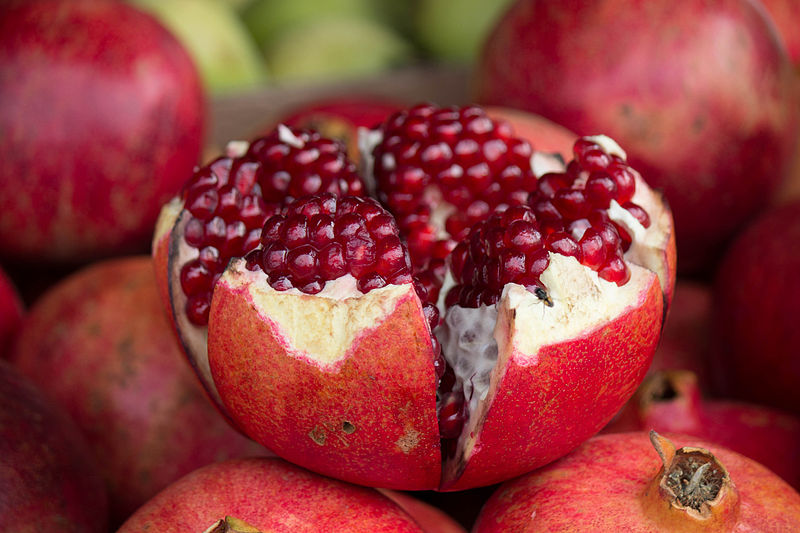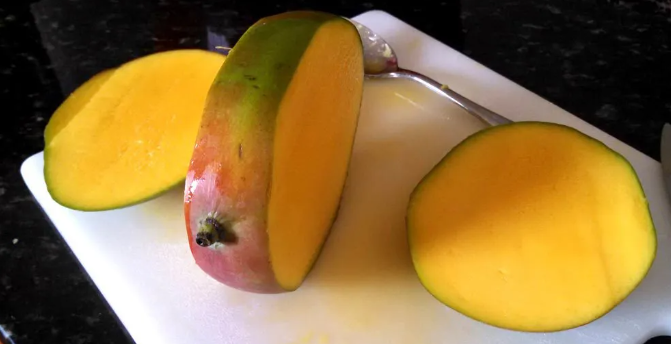Plums are tasty and healthy fruits that you can find in different colors such as black and red. Although black and red plums might look fairly similar, there are distinct features that set them apart. In this article, you’ll learn all about what makes black and red plums different.
Are you fond of fruits or just curious about how various kinds of produce differ? Continue reading to discover everything about the differences between black plums and red plums.
Table of Contents
Looks
Plums fall under a group called stone fruits and they vary greatly in their looks. Here’s what sets black plums apart from red plums in terms of appearance:
Color differences:
- Black plums usually have a skin that looks dark purple or nearly black.
- Red plums come in bright red to pink colors.
Shape differences:
- Most of the time, black plums are either round or shaped like an oval.
- Meanwhile, red plums can have shapes like round, oval, or even like a heart.
Size differences:
- Generally, black plums tend to be bigger than red plums. But, this can change based on the type of plum.
Skin texture differences:
- The skin of black plums is a bit thicker and harder, which can be helpful when you need to move them around or keep them stored.
Look at the table below to see a quick comparison of how black plums and red plums look:
| Looks | Black Plum | Red Plum |
|---|---|---|
| Color | Dark purple or black | Bright red or pink |
| Shape | Round or oval | Round, oval, or heart-shaped |
| Size | Usually bigger | Can change with the type |
| Skin Texture | Thicker and harder | Thinner and softer |
Flavor
Black and red plums might seem like they should taste the same, but they actually have quite unique flavors. Here’s how they compare:
Sweetness:
- Black plums are often sweeter than red plums.
- The red plums’ sweetness can change, they might be tart or sweet based on kind and how ripe they are.
Tartness:
- It’s more common for red plums to taste tart or sour compared to black plums.
- While black plums can have a tart taste, it’s usually not too strong because of their natural sweetness.
Juiciness:
- Black plums usually have more juice than red plums.
- Red plums might be juicy as well, but sometimes they are dry or have a grainy texture, depending on how ripe they are and the plum type.
Flavor profiles::
- With a deep and complex taste, black plums can be described as a mixture of sweet, tart, and a bit floral.
- Red plums, on the other hand, have a lighter taste that is both sweet and zesty.
Check out the table below to quickly see the differences in taste between black plums and red plums:
| Flavor | Black Plum | Red Plum |
|---|---|---|
| Sweetness | Usually sweeter | Can be tart or sweet |
| Tartness | A bit tart, balanced with sweetness | More often tart or sour |
| Juiciness | Typically juicier | May be juicy, dry, or grainy |
| Flavor Profile | Deep and complex: sweet, tart, and a touch floral | Light and refreshing: sweet and zesty |
Nutrients
Black and red plums are both packed with good stuff for your health. Below are some of the main nutrients you’ll find in each fruit:
Black Plums:
- Filled with vitamin C, a black plum gives you 10% of what you need every day.
- They are also a good way to get vitamin K, with one plum giving you 5% of the suggested daily amount.
- Potassium in black plums is great for keeping your heart healthy.
- They are also loaded with antioxidants, helping protect your body from damage and sickness.
Red Plums:
- These are also a great source of vitamin C, with each plum providing 8% of your daily need.
- They can give you vitamin A too, one plum contains 5% of the daily requirement.
- Just like black plums, red plums have potassium for heart health.
- They’re also rich in antioxidants, which fight off damage and can help keep you from getting sick.
Look at the table below for an easy comparison of the nutritional value of black plums and red plums:
| Nutrient | Black Plum | Red Plum |
|---|---|---|
| Vitamin C | 10% of daily needs | 8% of daily needs |
| Vitamin K | 5% of daily needs | None reported |
| Vitamin A | None reported | 5% of daily needs |
| Potassium | A good amount | A good amount |
| Antioxidants | Plenty of antioxidants | Plenty of antioxidants |
Note that the nutrition in plums may change based on the kind of plum, how ripe it is, and where it was grown. Both black and red plums can be part of a healthy diet.
Which is Better: Black Plum or Red Plum?
When comparing black and red plums, you’ll find that black plums tend to be sweeter, have more juice, and offer a deeper taste than red plums. Although, red plums can range from tart to sweet and bring a lighter flavor.
Looking at what they bring to the table health-wise, both black and red plums have important vitamins, minerals, and antioxidants. These help shield you from cell harm and illnesses and provide a healthy dose of vitamin C and potassium.
How you plan to use these plums in the kitchen makes a difference too. Both types are great for making things like jam and for baking in sweet treats like pies and tarts. They can also add a fun twist to salads or be cooked in savory dishes.
Your personal tastes and what you’re going to make should guide your choice between black plums and red plums. No matter which one you pick, they are both healthy and can be used in many different ways. So, you can go for the sweet, juicy black plum or the crisp, tangy red plum depending on your flavor preference.

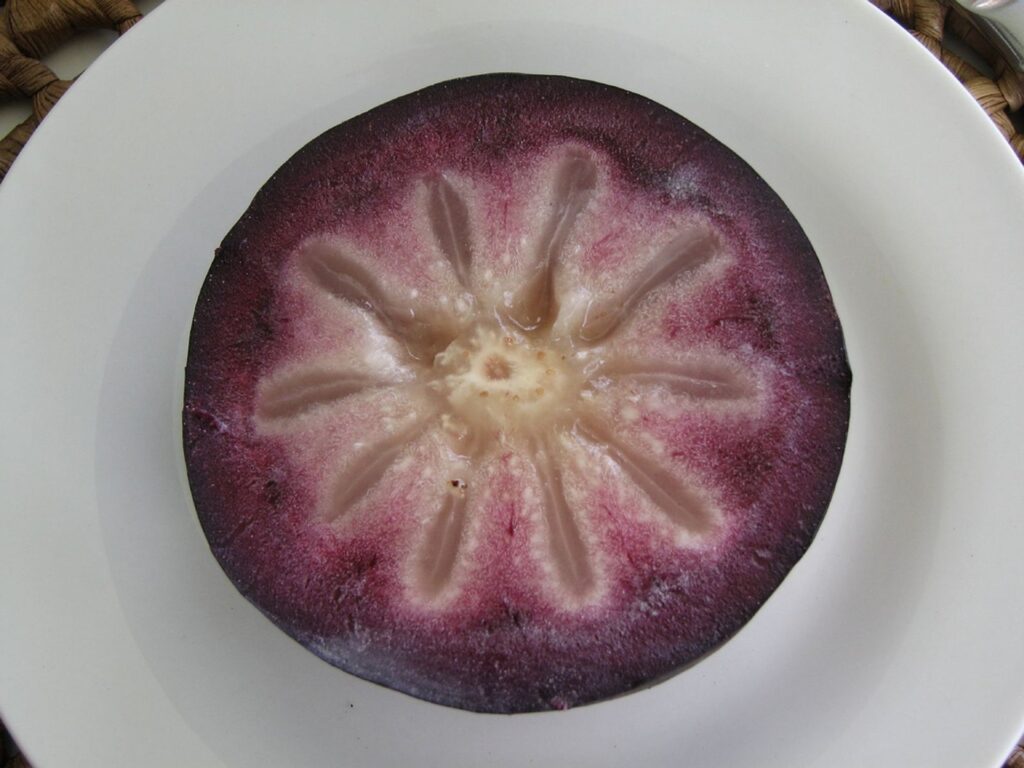



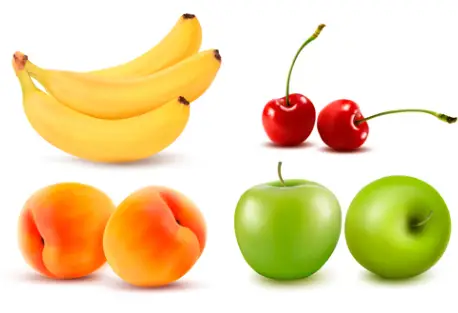
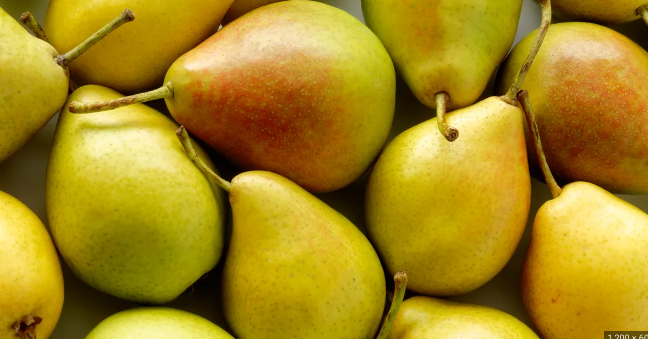
![What Is the National Fruit of Afghanistan and Why? [ANSWERED]](https://fruitonix.com/wp-content/uploads/2023/04/pomegranate.webp)
